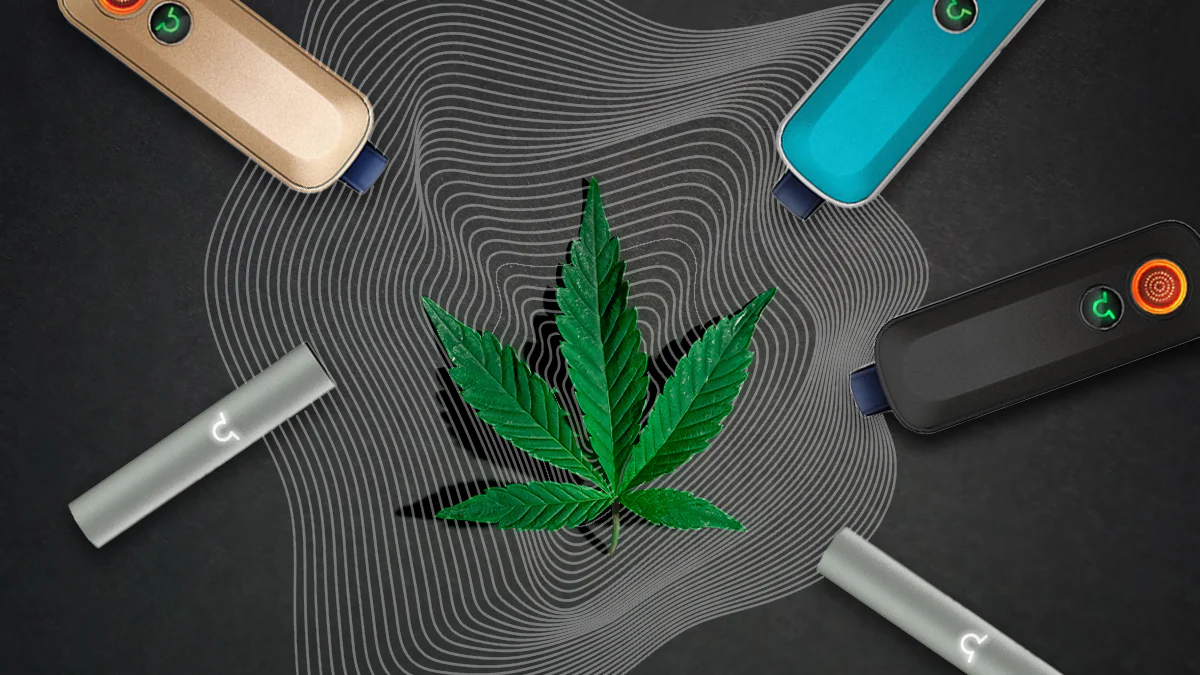
The rising popularity of Delta 8 THC cartridges has brought about discussions not only about their benefits and legality but also about their environmental impact. As consumers become more environmentally conscious, understanding the ecological footprint of these products and exploring sustainable options has become increasingly important.
The Components of Delta 8 Cartridges
Delta 8 THC cartridges typically consist of three main components:
-
The Cartridge Housing: Made from materials like glass, stainless steel, or plastic.
-
The Heating Element: Usually crafted from ceramic or metal.
-
The Oil: Containing Delta 8 THC along with carrier oils and sometimes flavoring agents.
While these components are small, their collective environmental impact can be significant due to the materials used and the difficulty in recycling them.
Glass and Plastic
Glass is a recyclable material, but when combined with other materials in cartridges, it often ends up in landfills. Plastic components, especially non-recyclable plastics, add to the global plastic waste crisis.
Ceramic and Metal
Ceramic and metal elements, although durable, are rarely recycled in the context of small electronic devices like cartridges. Extracting these materials also has an environmental cost due to mining and manufacturing processes.
Environmental Concerns with Delta 8 Cartridges
Waste Generation
Delta 8 cartridges are typically single-use items, designed to be discarded once the oil is depleted. This results in:
-
Increased landfill waste.
-
Pollution from improperly discarded cartridges, which can leach harmful chemicals.
Resource Extraction
The production of Delta 8 cartridges requires raw materials like petroleum for plastics and metals for heating elements. Extracting and processing these materials contributes to:
-
Habitat destruction.
-
Greenhouse gas emissions.
-
Depletion of finite resources.
Non-Biodegradable Components
Many components of Delta 8 cartridges, especially plastics and metals, do not biodegrade. These materials persist in the environment for centuries, harming ecosystems and wildlife.
Sustainable Alternatives in the Delta 8 Industry
Refillable Cartridges
One way to reduce waste is by using refillable cartridges. These can be refilled with Delta 8 oil multiple times, significantly lowering the number of cartridges discarded.
-
Pros: Reduces waste and long-term cost.
-
Cons: Requires careful cleaning and maintenance to ensure quality.
Recyclable Materials
Manufacturers can opt for cartridges made from recyclable materials such as:
-
Glass.
-
Stainless steel.
-
Bioplastics (plant-based plastics).
Encouraging consumers to recycle cartridges through designated programs can also minimize waste.
Biodegradable Options
While still in the early stages of development, biodegradable cartridges made from plant-based materials could revolutionize the industry. These products break down naturally over time, reducing their environmental footprint.
Eco-Friendly Packaging
Sustainability doesn’t stop at the cartridge itself. Packaging plays a significant role in environmental impact. Companies can adopt:
-
Minimalist packaging.
-
Recyclable or compostable materials.
-
Soy-based inks for printing.
Consumer Actions for Sustainability
Proper Disposal
Consumers should dispose of Delta 8 cartridges responsibly by:
-
Following local electronic waste recycling guidelines.
-
Using designated collection points for vape cartridges.
Supporting Eco-Conscious Brands
Consumers can support companies that prioritize sustainability by:
-
Choosing products with eco-friendly materials.
-
Looking for certifications indicating environmentally responsible practices.
Reducing Consumption
Limiting the use of disposable cartridges and opting for refillable or reusable options can significantly decrease environmental impact.
Industry Innovations and Future Trends
Closed-Loop Recycling Programs
Some companies are establishing closed-loop recycling systems, where used cartridges are collected, processed, and remade into new products. These programs not only reduce waste but also conserve resources.
Sustainable Farming Practices
The Delta 8 THC industry can adopt sustainable farming methods for hemp cultivation, such as:
-
Organic farming to avoid harmful pesticides.
-
Regenerative agriculture to improve soil health.
Research and Development
Ongoing R&D efforts can lead to:
-
Advanced biodegradable materials.
-
More efficient cartridge designs that use fewer resources.
-
Cleaner extraction processes for Delta 8 THC.
Conclusion
As the Delta 8 industry continues to grow, addressing its environmental impact is crucial. By adopting sustainable practices, supporting eco-conscious brands, and exploring innovative solutions, both manufacturers and consumers can play a role in reducing the ecological footprint of Delta 8 cartridges. Together, we can enjoy the benefits of Delta 8 THC disposables while protecting our planet for future generations.






Leave a Reply